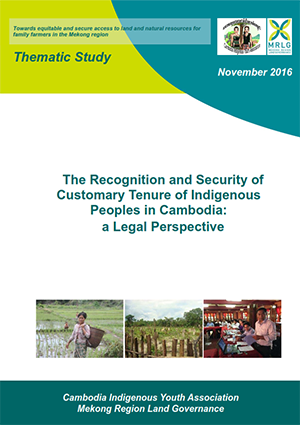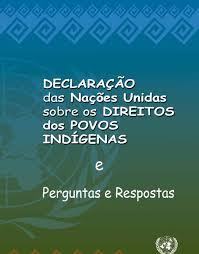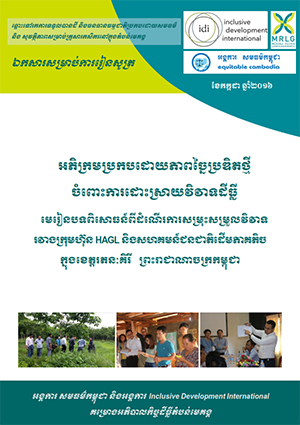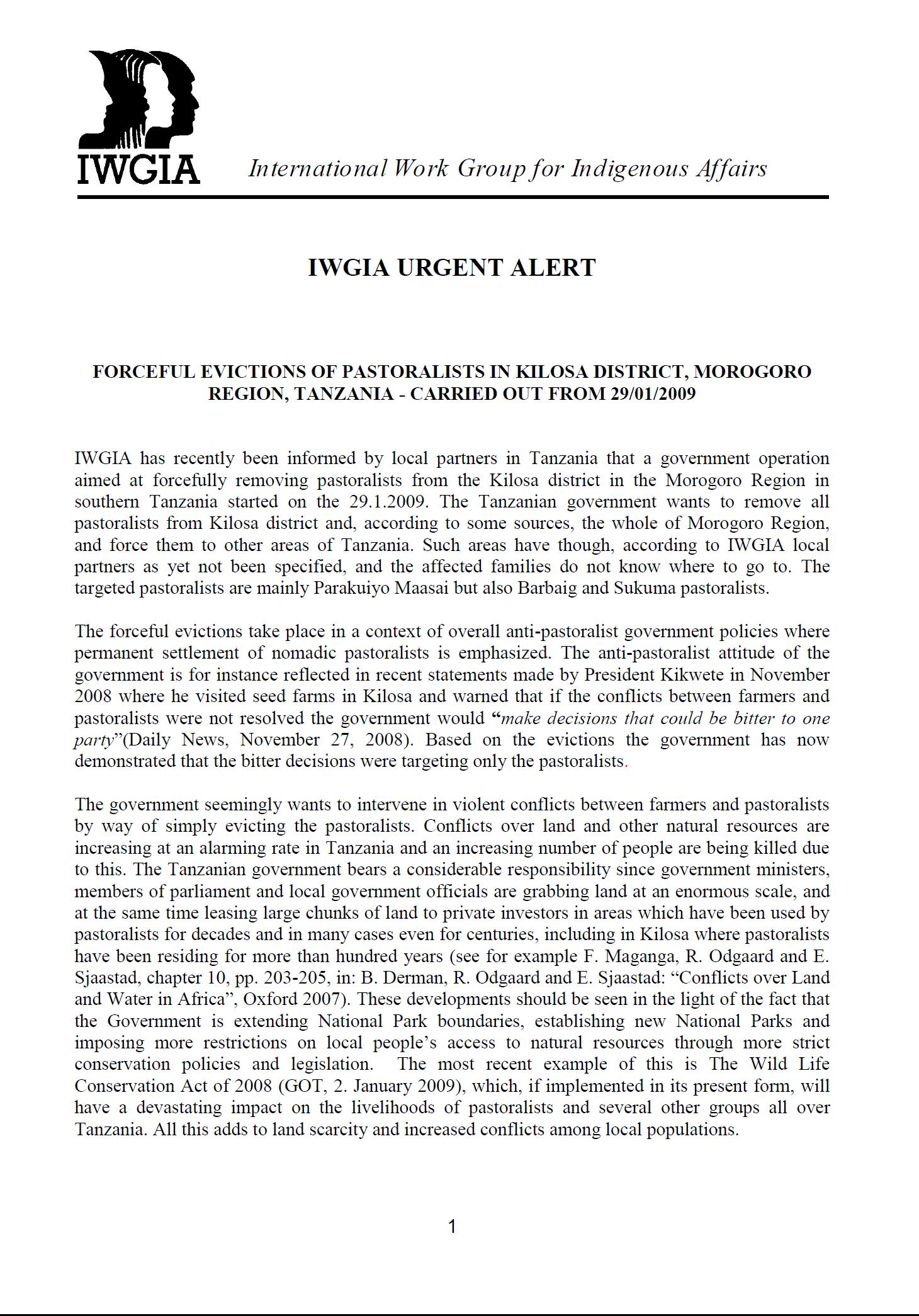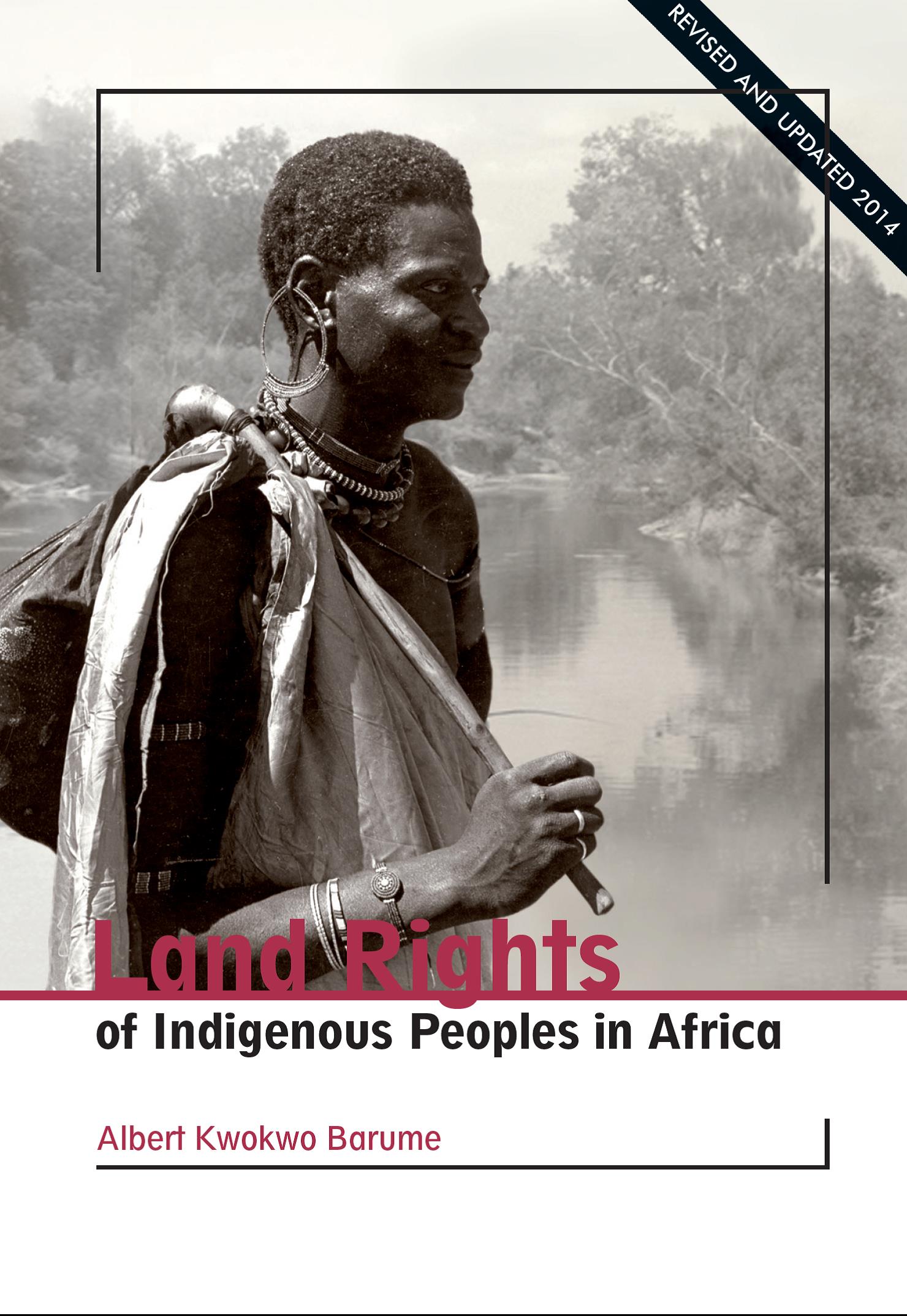Recognizing Indigenous Peoples’ and Community Land Rights to Limit Deforestation Is Cost-Effective Approach to Fight Poverty, Climate Change
NEW YORK (17 September, 2014)—US$1.64 billion, the funds pledged to date by three major multi-lateral initiatives at the United Nations and World Bank in preparing for the evolving REDD+ carbon market, would expand the demarcation, registration, and titling of rights of the local communities and Indigenous Peoples living on 450 million hectares, an area almost half the size of Europe, according to new research released by the Rights and Resources Initiative (RRI) and Tebtebba (Indigenous Peoples’ International Centre for Policy Research and Education).





